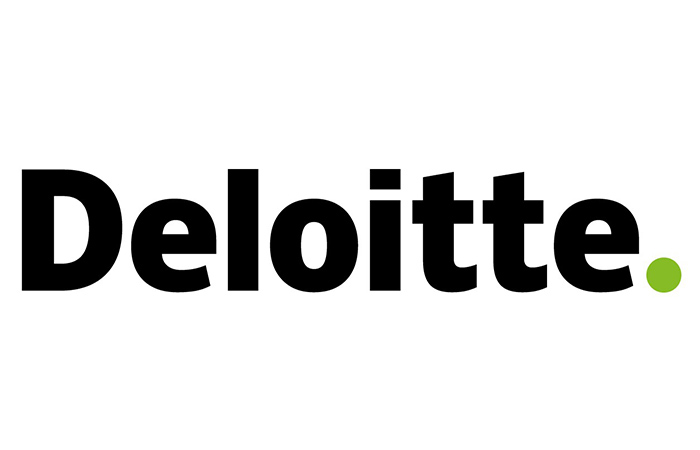
Deloitte: A new age for family businesses in the Middle East; managing change and expectations for continued growth
In this new report, Deloitte reveals several key trends and developments within family-owned businesses in the Middle East as they continue to seek growth in an environment which poses ongoing challenges.
Deloitte conducted in-depth interviews with over 40 of the most prominent family businesses in the Middle East, who operate across a range of industries, to ask what their priorities are for the business over the next 12 months, the structures they have in place, the industry sectors they expect to see the most deal activity and their confidence in the short to medium term prospects of the Middle East markets.
Scott Whalan, Partner, Financial Advisory, Deloitte Middle East commented “As families continue to grow and the requirement for portfolio returns and dividends grow, ensuring a more structured approach to both new investments and the monitoring of existing investments becomes paramount. The active management of both risk and return of their business will help families more effectively adapt to both external market forces and their own complex internal dynamics.”
The Deloitte report is a barometer of market perception and confidence among family offices within the Middle East and identifies several key themes including:
• Maintaining income and wealth of a growing family is paramount
Families are growing in size as they move through the generations. Their challenge is to maintain the income and wealth that each family member has become accustomed to, in order to do that, higher returns are required.
• Succession plans remove uncertainty
The findings of the Deloitte report reveal that only 39% of the families interviewed have a formalized written succession plan in place. Clear succession plans make sense, whatever the size of the family group, to make the business more decisive in markets where clear decision-making is essential.
• Improved governance is required to ensure strategies are aligned
With a view to preserving family wealth, some of the larger families have improved governance and established more solid structures for their investment plan, making plain its objectives and processes. Frequent monitoring of capital across the group remains important, in order to ensure the risk and return characteristics of the portfolio are aligned to the overall strategy. 44% of the families Deloitte spoke to have an investment committee which is independent from the board
• External financing may be required to meet ongoing needs
Families may generally need to consider taking on more risk, by investing in new and potentially unfamiliar sectors, or in new asset classes. Families are considering making acquisitions of larger more complex businesses, in order to meet their needs. 37% of the families surveyed use debt as a source of funding, whilst 51% believe they will use debt as an option in the next three to five years to fund growth.
Nick Beer, Director, Financial Advisory, Deloitte Middle East added “One of the most significant challenges now facing family businesses is how to maintain the balance between business and family goals. This challenge is magnified by the globalization of financial markets, which has increased both access to alternative sources of funding and the number of opportunities for family businesses. For those family offices seeking to replicate or expand on historical return levels, there is an increased focus on larger and more complex acquisitions. The growing acceptance of external financing from family offices, whether it be debt or external equity investors, will continue to help fuel growth and transaction activity across the region.”



























